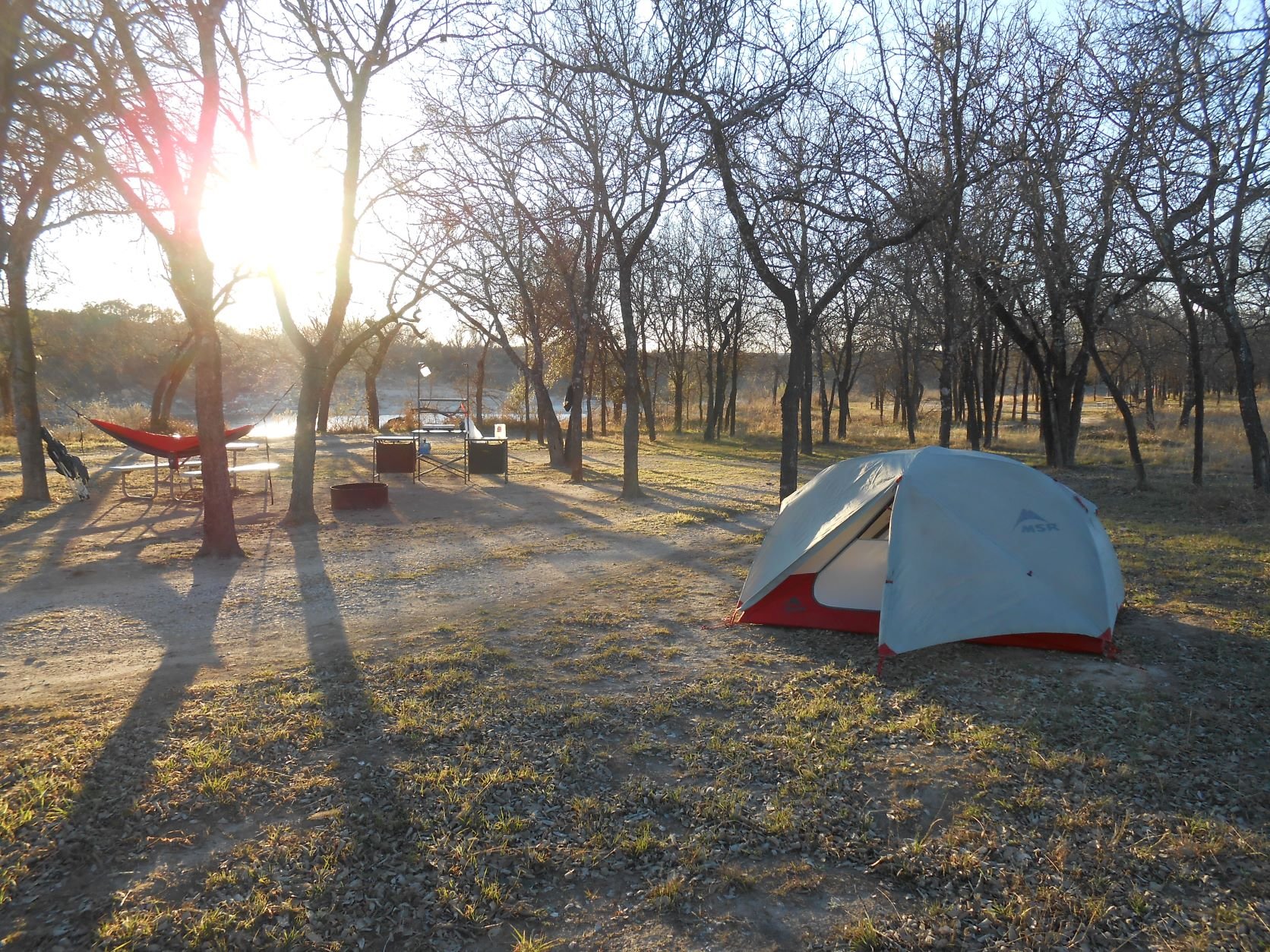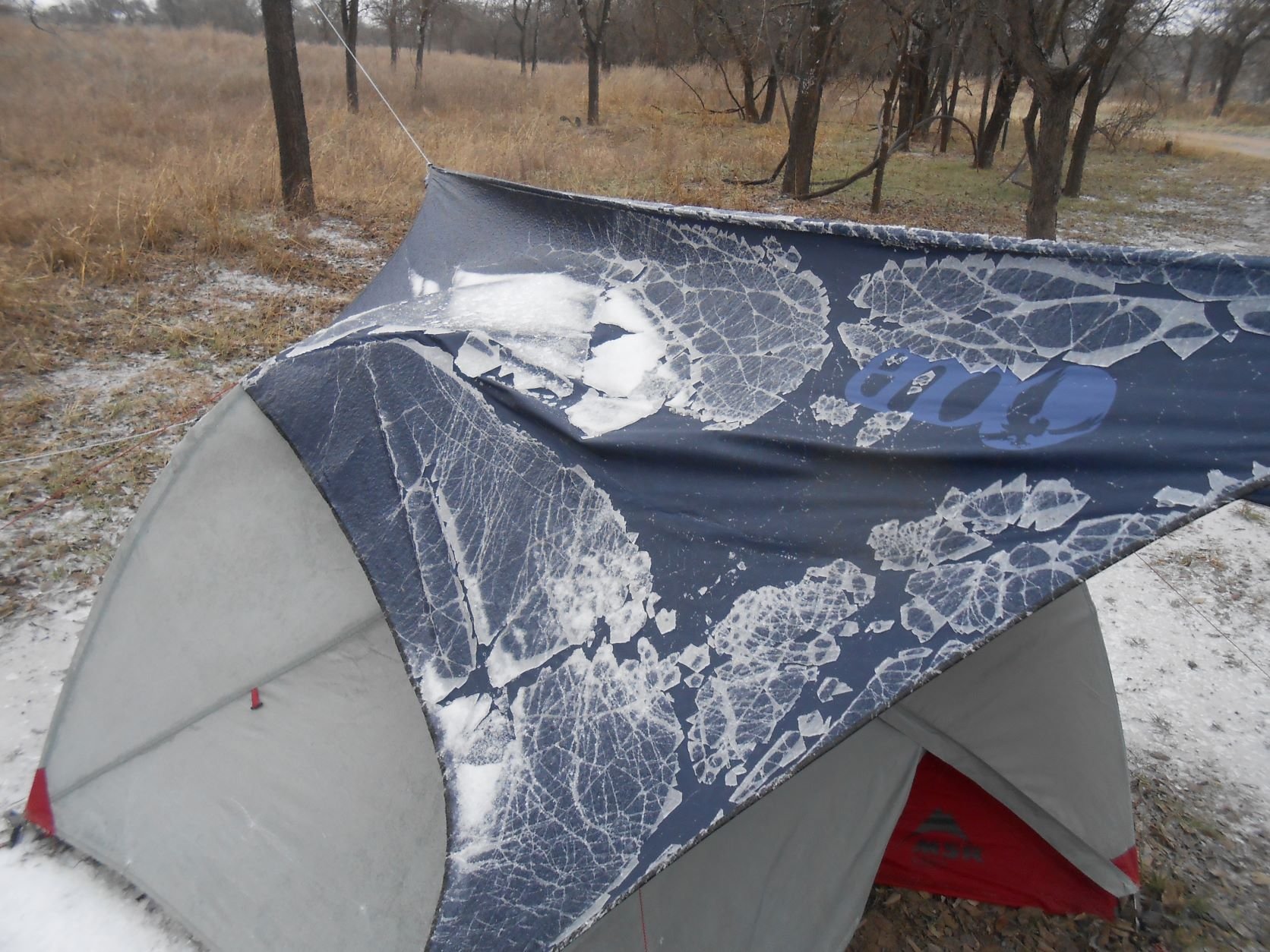Stress Tests
Stress test (noun) -- a test designed to assess how well a system functions when subjected to greater than normal amounts of stress or pressure.
I've been thinking on these of late, as here in Austin we've recently had our 3rd multi-day boil water notice in 4 years, following a winter storm and the temporary shutting-down of one of our water plants.
The speed and challenges of the world are getting bigger and more complex, so the systems we’ve designed (both macro and micro) are all undergoing simultaneous stress tests.
Two macro level examples:
The deregulated energy grid here in Texas that's designed to operate with the bare minimum of excess capacity in order to maximize profits fails catastrophically during last year’s massive winter storm. Check out KUT’s excellent podcast series “The Disconnect,” which documents the history, and 2021 breakdown, of the Texas grid for more.
The established structure of our healthcare system routinely runs ICUs at 70-80% capacity to maximize efficiencies, and then gets overrun during a Covid surge when there's not enough beds or staff to respond to the sharp increase in demand.
At the micro level, aka individual humans, stress-related illnesses are steadily rising. Chronic stress results in a failure to downregulate inflammatory responses in our immune system, creating the conditions for an estimated 75-90% of human disease.
The setup for these? Systems small and large organized (purposefully or not) to operate at near-constant full capacity.
For the macro systems, this is often the result of a focus on profit & operational efficiencies. For the micro, hustle culture and the impact of constantly moving to juggle work, family, activities, education and all the rest.
There's a common thread here between maximizing activity and optimizing productivity at the expense of rest, self care, and not-doing (aka “free time”). The imbalances created from this mix create fragile systems that more-easily succumb to the pressures of ever-increasing complexity of the world and the challenges we face. So when emergencies, illnesses, or a particularly challenging project arise, our systems don’t have enough adaptive capacity remaining to flex and respond to the added strain.
My version? During the same week as our recent winter storm, I was out in nature on my annual winter solo-camping retreat.
It started out like this...
...and ended up like this. (about 20 degrees in the photo below!)
Needless to say, it was not my typical rest & reboot. "Stress test" captures the spirit of this trip well!
On the whole, I’d say I handled things “OK”. I survived, and made it home safely (a day earlier than planned). I do have experience in these spaces. And, I can say honestly that this ordeal did a particular thing for me that stress tests are designed to do: it exposed that I was spread rather thin and not resourced in the ways that are typically foundational for me.
Atypically, during this week I freaked out, yelled, swore, was anxious, didn't know what the hell to do, and many times before it got icy, thought of throwing the towel in entirely.
I survived this stress test, but it showed me that I was actually not as adaptable and resilient leading up to it as I thought I was.
What was the deal there?
I’d allowed myself to over-commit to too many things. My self-care disciplines slipped, I let myself not get as much sleep as I know I need, and I wasn't paying attention to the insidious creep of stress that resulted. The impact was a general sense of just being spent, with not much to give myself at the end of the doings of each day.
I survived this stress test (and even found moments of thriving), but it showed me that I'd missed taking care of myself in some key ways in the weeks leading up to my trip.
It's a consciousness practice to build the skills you need to keep you going during times of complex stress, and from succumbing to fall-back behaviors and actions that may hinder your ability to move forward.
So, here are a few things to focus on regularly to help you better handle those inevitable stress tests. Consider these a multi-modal, physical / mental / emotional / relational / spiritual toolkit for improving your adaptability & resiliency.
(Perhaps with your own greater capacity to flex in the face of stress, you'll be able to pitch in and positively impact the macro systems in need of our help.😁)
First, and most obviously, prioritize self care and restorative practices. Raise your baseline. When things get stressful, double down on the self care practices rather than let them go because you're too busy.
Do the work to build trust in yourself. When the sh** hits the fan, it's good to have a degree of confidence in your ability to respond.
Make connection a priority. Homo Sapiens' ability to connect, coordinate, and work toward common goals is what made us the dominant species. Not from being the strongest or fastest predator, or from being overly self-reliant and isolating ourselves from others. (Check out Yuval Noah Harari's superb book "Sapiens" for more on that.)
In the face of a stress test, slow down, get centered, breathe. Make that a practice. It'll help you find ways to think, problem solve, and get creative with the resources you do have (like I had to do on my camping trip, over and over again!).
Take one step forward. Then another. The path will unfold and you'll find yourself (a) somewhere different, and (b) in a better headspace having begun taking action.
Addendum 5/4/22:
I just recently came across this great article in Backpacker magazine, entitled “How to Make Hiking Fun When Hiking Sucks.” (great title, right?) It perfectly sums up my camping experience described here, and adds a great tool to the list of practices above: the cognitive reframe.
Nutshell version: a lot of times, our challenging experiences just plain suck. And, with a little creativity, you can reframe things around the “types of fun” they represent.
From the article:
Reframing suffering as just “Type Two Fun,” or “Type Three Fun” is the first step to embracing it. If you’re not familiar with the fun scale, it goes something like this:
Type One Fun is anything that’s just plain, honest-to-goodness fun. Think rope swings, water slides, hiking downhill in amazing weather—all the stuff that makes you say “Whee, this is fun,” in the moment (and especially out loud).
Type Two Fun is anything that’s fun in retrospect: You weren’t pleased at the time, but afterwards you were really glad you did it.
Type Three Fun is, well, basically not fun. It sucks, it’s probably a little dangerous, and you never want to do it again. The only “fun” part is telling the story later.
This trip had very little Type One Fun, a solid collection of Type Two Fun experiences, and a number of Type Three Fun circumstances. It was quite the mix!
Check out the article (linked above) and see what you think. Sometimes you just gotta dig in and find the humor, even it’s got a dark edge to it!
Cheers! MW



